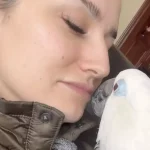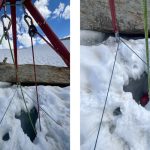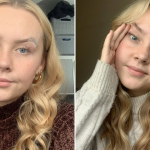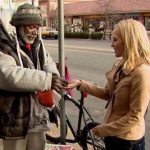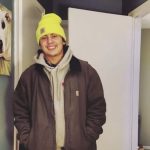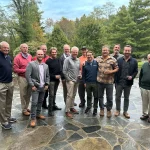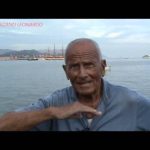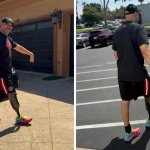Carrying Yazan
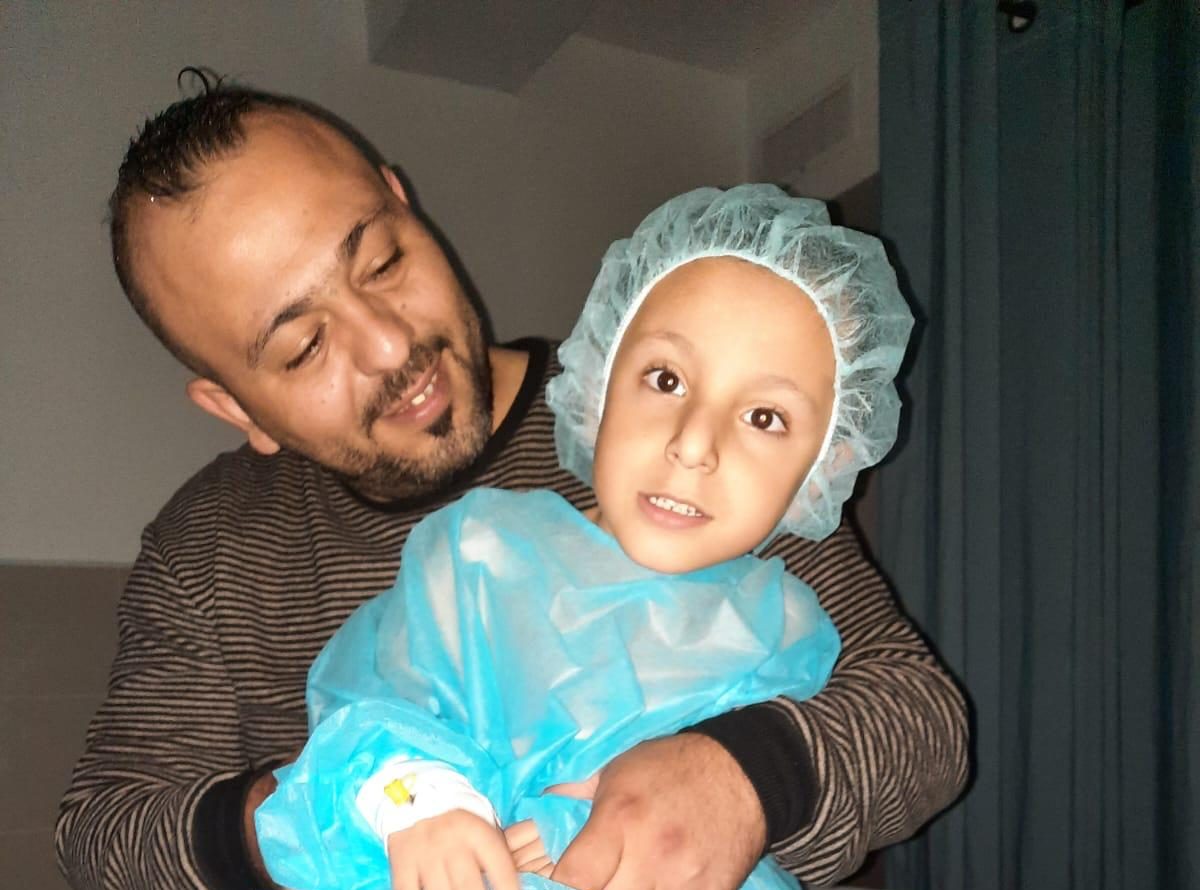
**“All day long, one thought echoes in my head: your son, your son—you must do something for your son.
Yazan is not like other boys. He has a severe disability, but he is the most precious part of my life—the light of my soul. Before the war, he was improving. He went to therapy, he made eye contact more often, he was slowly learning to connect with the world around him. He is shy, quiet, unable to express his feelings easily, but he has the gentlest heart. Sometimes he would place his tiny hands on my face, hold my head carefully, and kiss my cheeks with such tenderness that I felt the weight of my struggles lift, even if just for a moment.

Right before the war began, Yazan was five. He had surgery on his legs, and after weeks in casts, I brought him home. I told my wife and daughters to close their eyes. When they opened them, they saw Yazan walking. Walking. That single moment filled us with so much hope we could hardly breathe. We believed he might one day live like other children—running, speaking freely, maybe even going to school. For a brief time, it felt possible.
But that hope has been stolen from us. For two years now, every clinic has been shut down. No therapy. No treatment. Nothing. And all the progress he once made has unraveled before my eyes. He can barely walk three steps without falling. He used to form small sentences—‘I need bread,’ ‘I need water.’ Now, even those words are gone. He only pulls at my arm, silently showing me what he wants. Worse still, he has started to jerk his arms and legs in sudden, violent motions—something we had never seen before. Instead of moving forward, I am watching him slip backwards into a silence I cannot pull him out of.
I work in a medical team. I have a stable job, skills, knowledge. Yet even with all that, I am powerless. Here, being a doctor or a nurse means nothing when hospitals are destroyed, when pharmacies are empty, when there is no medicine left to give. All my energy goes into keeping him alive, into shielding him from a world that wants to take him away.
Last year, Yazan became dangerously sick with severe diarrhea. There was no clean water, no medicine in any nearby pharmacy. Someone told me there might be one pharmacy still open—six kilometers away. I had no car, no fuel, not even a donkey cart. So I walked. I walked through bombing, through tank fire, with helicopters circling above me. It felt like a nightmare from a war film—but it was my life, and I had no choice. I kept walking because his life depended on it. And by the grace of God, I returned with the medicine that saved him.
For Yazan, I would do anything. Absolutely anything.

Every single day, I carry the weight of this war in one hand—the endless work, the hunger, the fear, the burden of raising four daughters without food, water, shelter, or electricity. And in the other hand, I carry Yazan.
He is fragile. He is suffering. But he is also my strength, my purpose, my reason to keep moving forward. As long as I can carry him, I will not let him fall.”**
